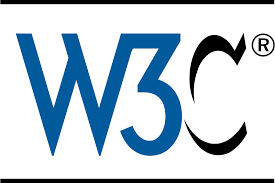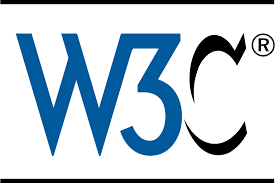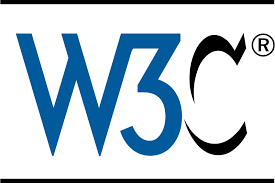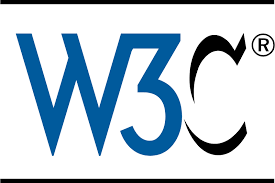Web Payments Working Group
The mission of the Web Payments Working Group is to make payments easier and more secure on the Web. The group seeks to:
- streamline checkout by making it easier for users to return stored credentials and other information, and by creating a consistent experience across Web sites, browsers, and operating systems. These improvements should help reduce the percentage of transactions abandoned prior to completion ("shopping cart abandonment") by improving consumer confidence in the payment experience;
- improve payment security by fostering digital payment method innovation on the Web;
- simplify and lower the cost of creating effective Web checkout experiences;
Under its charter, the Working Group defines Recommendations that allow for a payment to be initiated within a Web site or application.
The Working Group will continue to advance these existing specifications to Recommendation:
- Payment Request API, which standardizes an API to allow merchants (i.e., Web sites selling physical or digital goods) to utilize one or more payment methods with minimal integration. User agents (e.g., browsers) facilitate the payment flow between merchant and user, mediating the user experience and providing consistency between different merchants and providers.
- Payment Method Identifiers, which defines the validation and (where applicable) registration of identifiers used for matching purposes by other W3C payments specifications.
- Payment Handler API, which defines capabilities that enable Web applications to handle payment requests. The specification defines how payment apps register their capabilities with the user agent, how the user agent communicates with them, and what information is exchanged.
- Payment Method Manifest, which allows the curators of a defined payment method or owners of a proprietary payment method to authorize (via a manifest file) which payment apps may be used to fulfill the payment method. The scope of this work extends to all types of payment apps, including native mobile apps and Web apps.
The Working Group will continue to develop the following payment method specification, intended to become a Working Group Note:
- Basic Card Payment, which specifies request and response data for making simple card payments with Payment Request API.
The Working Group will also look at enabling re-use of the Payment Request API data model in out-of-browser payments. One approach may be to define the model in a binding- and encoding-neutral way. For early work on this topic, see HTTP Messages 1.0.



